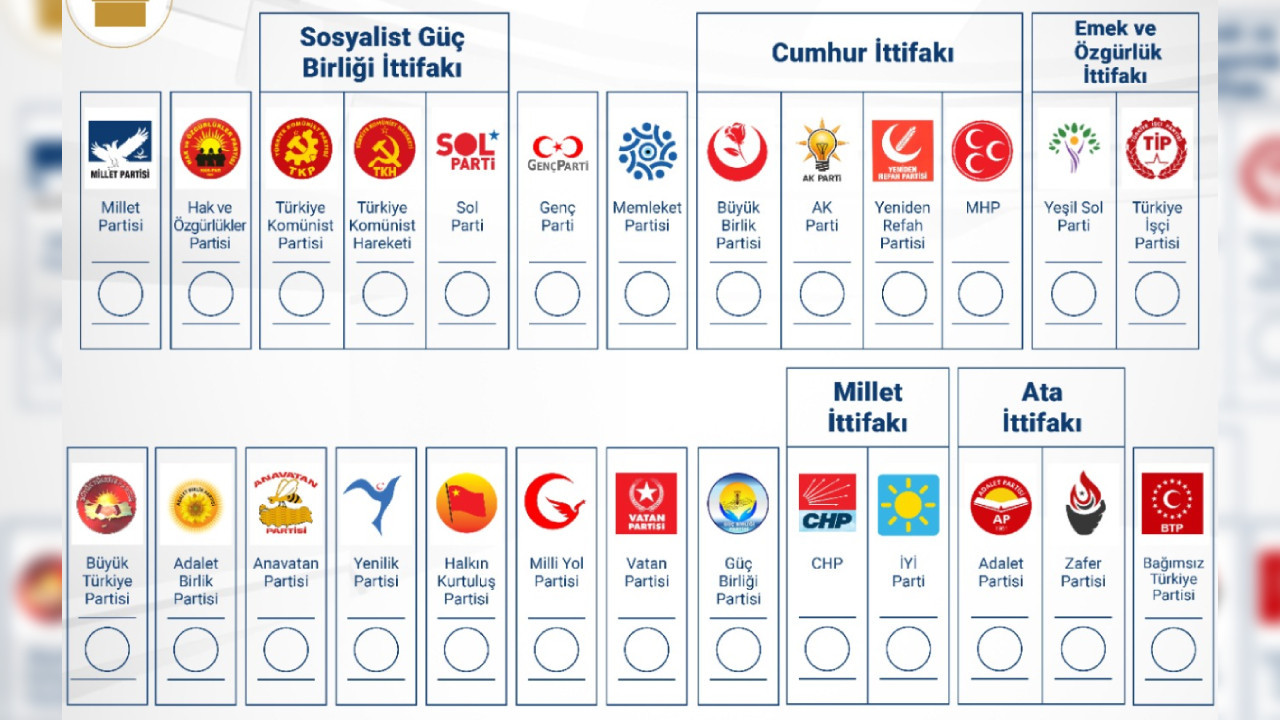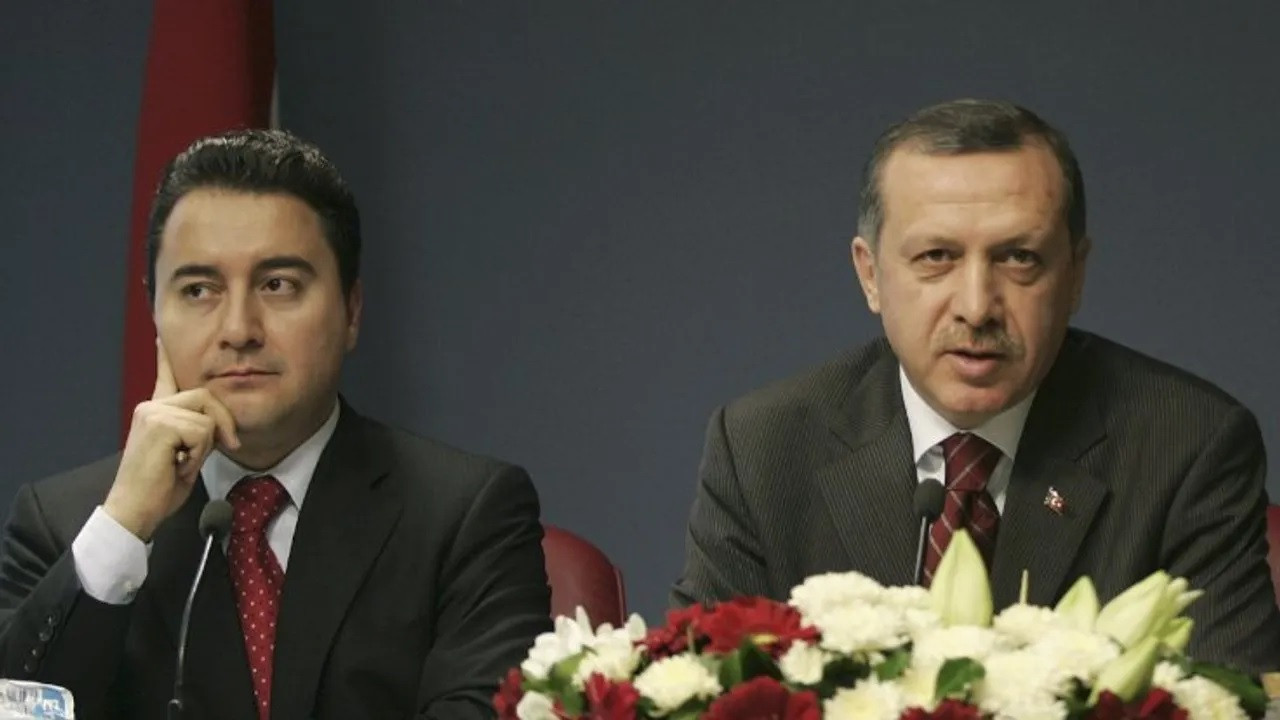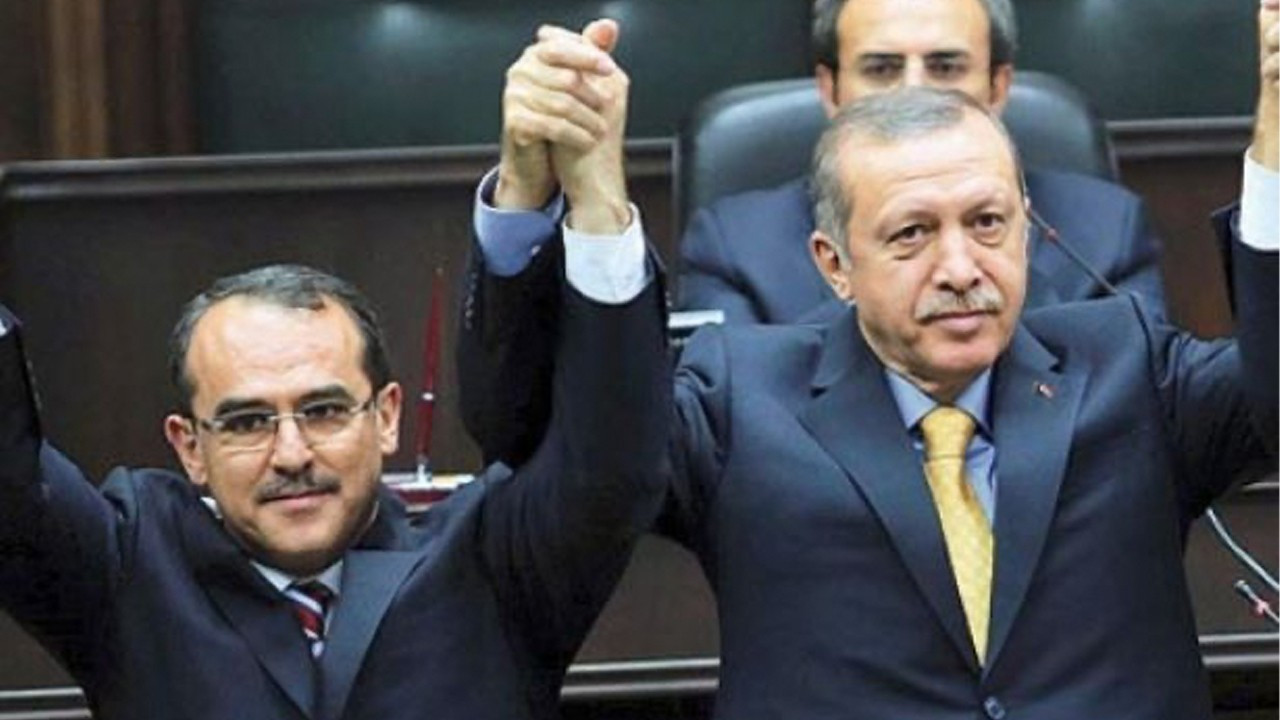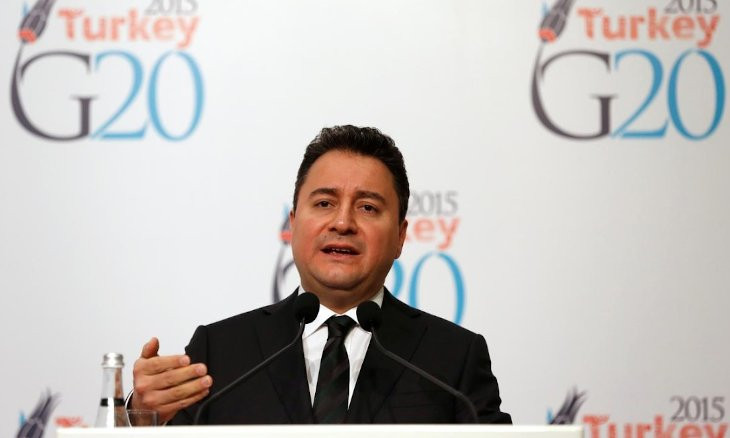Babacan defends former AKP minister’s deputy candidacy under CHP list
Opposition DEVA Party leader Ali Babacan has defended AKP’s former Justice Minister Sadullah Ergin’s deputy candidacy under the main opposition CHP list by saying they enacted most of the democratization and EU harmonization regulations between 2009 and 2013 with the efforts of Ergin. His remarks came after some opposition figures’ severe criticisms towards Ergin for the Ergenekon and Balyoz investigations. On the other hand, Ergin said he will not withdraw his candidacy.
Duvar English
Turkish opposition Democracy and Progress Party (DEVA) leader and former deputy prime minister Ali Babacan has defended former Justice Minister Sadullah Ergin’s deputy candidaship under the main opposition Republican People’s Party (CHP) list.
In a series of tweets on April 13, Babacan said “We enacted most of the democratization, reform and EU harmonization regulations between 2009 and 2013 with the efforts of Mr. Sadullah. He carried out works for individual and collective rights at an unprecedented pace in the history of the Ministry of Justice.”
“He has contributed to hundreds of changes such as reducing the prison rate, the right to a fair trial, democratization of law enforcement, individual application to the Constitutional Court, publication of ECHR decisions in Turkish, and the right to mother language. Many of them are still important regulations that give society a breather. Our witness is the democrats of that period. Our target is a fully democratic Turkey. We are now at a new crossroads. I believe that we will overcome prejudices and erroneous memorizations and listen to each other and together we will win,” Babacan added.
Partimizin kurucularından, 21 yıllık yol arkadaşım Sadullah Ergin ile ilgili hatalı bir tartışmanın döndüğünü görüyorum.
— Ali Babacan (@alibabacan) April 13, 2023
Çoğunun eksik bilgiden ve aşmamız gereken önyargılardan kaynaklandığını anlıyorum. (1/4)
Babacan’s remarks came after some opposition figures severely criticized Ergin’s nomination under the CHP list, as they said Ergin was the minister during the Ergenekon and Balyoz (“Sledgehammer”) investigations and he was a top official when the AKP government started to pave the way to become more authoritarian. The same criticisms are also occasionaly directed to Babacan.
Ergin served as Justice Minister of the ruling Justice and Development Party (AKP) between 2009 and 2013.
On the other hand, Ergin on April 13 told broadcaster Habertürk that he will not withdraw his candidacy and neither the CHP had such request.
He said “Ergenekon investigations started two years ago (before my ministry). During the period before me, hundreds of people were arrested and trials began. After that, I became the minister. The trials transcended bureaucrats and ministers with the involvement of Prime Minister (Recep Tayyip Erdoğan) and opposition leaders.”
Ergin added that the Gezi Park protests “fastened” their breakaway with the AKP. “We stated that the process was not managed correctly. We had criticisms about vandalism. But apart from that, we also defended the right to demonstrate, the right of people to express their opinion, among the ministers.”
Another criticism towards AKP-breakaways is they did not publicly criticize, at the time, their government's policies that they now criticize.
The four parties, Felicity Party, Democrat Party, DEVA Party and Future Party, in the main opposition Nation Alliance decided to nominate their candidates under the CHP list as competing under a joint list within an alliance is regarded as more advantageous in Turkey’s d’Hondt electoral method. These four parties will not officially compete in the election with their logos.
For this joint list, the CHP nominated a total of 76 candidates from five parties. More than 10 candidates of DEVA and Future parties are expected to be elected as lawmakers from this list.
One of the candidates of DEVA was Sadullah Ergin as he was nominated under the CHP list from Ankara’s first electoral region in the fourth row. He will, almost certainly, be elected from that row.
The Ergenekon investigation claimed that there was an alleged deep-state, ultra-nationalist organization network tied closely to Turkish security and military forces. The trials started in 2008. In 2012, the network was the target of a wide-ranging investigation and trial, which implicated several prominent members of the political and military establishment. The case led by state attorneys close to the Gülen network, which Ankara now refers to as Fethullahist Terrorist Organization (FETÖ).
On the other hand, the Balyoz case started in 2010 after daily Taraf, which was shut down after the July 15, 2016 failed coup attempt, revealed documents titled “Balyoz Operation Plan," dating back to 2003 when then-Chief of General Staff Gen. Hilmi Özkök was in office.
As part of the Balyoz case, military commanders were accused of trying to destabilize the ruling AKP in the wake of the 2002 elections with plans to bomb mosques and trigger a conflict with Greece to pave the way for a military takeover.
Many of the judges and prosecutors that prosecuted the Balyoz case have since been probed due to charges of links to the Gülen movement.
Ali Babacan presided over Turkey’s economy from 2009 to 2015 as a senior executive from the ruling AKP. He now often says that Turkey’s economy “advanced” and “prosperity increased” in the mid and late-2000’s under his command of economics.
He resigned from the AKP in July 2019. In March 2020, Babacan founded DEVA in a move to challenge President Recep Tayyip Erdoğan’s rule. He is now a part of the Nation Alliance, an opposition alliance created by six opposition leaders to change Erdoğan’s presidential regime to “strengthened” parliamentary system.

 26 political parties will compete in Turkey’s upcoming general electionPolitics
26 political parties will compete in Turkey’s upcoming general electionPolitics Ex-Erdoğan ally Babacan expresses regret over 2017 referendumPolitics
Ex-Erdoğan ally Babacan expresses regret over 2017 referendumPolitics Ex-minister: AKP officials calling those who leave party to invite them backPolitics
Ex-minister: AKP officials calling those who leave party to invite them backPolitics Who's who in Babacan's party?Politics
Who's who in Babacan's party?Politics